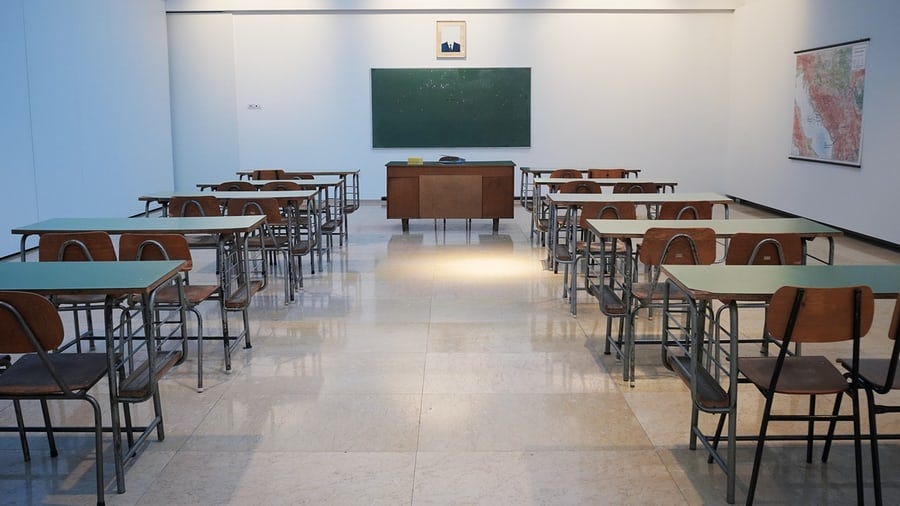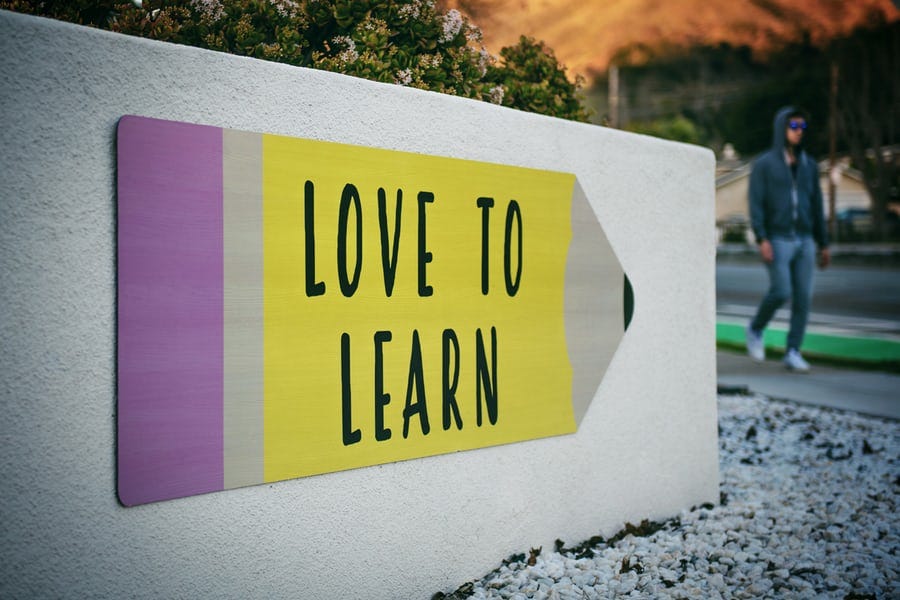College is known to be one of the most transformative years of one’s lifetime. As a college student myself, I have full faith in the commitment to education and believe it is crucial to one’s existence. Knowledge is power after all. It wasn’t easy going through the bumpy system but it was well worth it.
What I’ve quickly learned in the past 17 years and counting at school is that it is so much more than the classroom and about the community, experience, people, activities, clubs, and atmosphere instead that make it irreplaceable. I’m fortunate to attend a world renowned and acclaimed university in the center of Manhattan. As a life-long New Yorker I knew I didn’t want to be a part of an enclosed campus 60 miles away from civilization. I wanted to be immersed in the most innovative, exciting, exhilarating, and transformative city in the world. Not only the ventures and sites to see are spectacular and never get old, the people are what make it magical. The city never sleeps!
Everyone is driven here. You don’t come to a big city to just hang around. Everyone has a mission and with a pet peeve of staying still and being bored, NYC is my jungle, a melting pot for creativity. This is a place where I feel my authentic self can come alive and I’m most comfortable in, despite the chaos, noise, and competitive nature of it all.
Look Around
I am a naturally curious person and believe one of the greatest mantras to live by is to be a learn-it-all rather than a know-it-all. No one knows everything nor will ever know everything. Being the smartest in the room is pointless. Staying curious is the best trait you can adopt to stay humble, hungry, patient, and appreciate what you know with what you have.
We can always be grateful for something, most notably our health. They say when you are healthy, you have a million problems. When you are dealing with an ailment of some sorts, you have one problem. Perspective is key.
This recently struck me as a huge realization. If we knew and had everything, we most likely wouldn’t accomplish as much as we can with less. With less resources at our disposal, we end up creating something better than if we had more to start with! Isn’t that crazy? We would think the opposite and so would new systems as well, such as universities.

U of A
Recently, there’s been some talk around this new startup university, The University of Austin that pledges to be in the “fearless pursuit of truth” funded by the principle of free inquiry. I study FinTech and entrepreneurship so please don’t ask me to decode what this promise entails. You might want to try it out for yourself!
As a student, I’m captivated by all universities and systems. Although all may be rivals, we need to learn from each other. I have a lot of questions about the U of Austin that probably cannot be answered just yet. But what we do know from various reports is that this new university has a notable group of intellectuals, advisors, and distinguished members but how much change can it really bring?
Will the U of Austin be run by Matthew McConaughey, a Texas resident? It would be interesting to see if this new school will deviate away from the standard curriculum and more towards impact, climate change, ESG, social investing, leveraging your brand online, Web3.0, DeFi, and all the hot topics that are revolving in this day in age. There is so much talk around this university but not enough action to definitively know what will happen.
With the massive fortunes coming out of the internet era, let alone the WFH boom these past two years, are these leaders here to mark their footings in higher ed? Will they be adjunct professors and go away with tests, quizzes, memorization and focus on projects, teamwork, collaboration, risks, dealing with failure, public speaking, FinTech, and the real world instead?
Only time will tell but the clock is ticking.
I have too many questions, not enough answers at this point about the U of Austin since it is still in the works and promised to be open in 2024, a year after I graduate. Since this is a startup university I wonder if it will adopt the ideals Peter Thiel, billionaire investor, entrepreneur, venture capitalist embraces through his Thiel Fellowship program which provides a $100k grant to promising students to conquer their entrepreneurial dreams and drop out of college.

Purpose of Higher Ed
By far my favorite podcast is the Professor G show. I listen religiously, almost everyday when I can. Scott Galloway, acclaimed NYU Marketing professor is the host and he is a big proponent of enhancing and changing higher education through his own startup sprint, bootcamp program, and sold-out courses at NYU.
Higher education in its basic form is schooling beyond high school, advanced education. But in this digital revolutionary age with internet tycoons, FinTech, record number of IPOs, SPACs, M&A transactions, frothy markets and asset classes, retail investing boom and FinTech allure, higher ed is taking a bigger stance on what it means to prepare the next generation of leaders in the classroom.
Most Fortune 500 CEOs and the wealthiest people alive carry degrees. That is not to say those without them aren’t successful but it is rare. Those who disagree with the purpose of a degree either dropped out or obviously don’t have one. Musk, a graduate himself is known for criticizing companies that have CEOs with MBAs and Tesla doesn’t even require a college degree for entry-level positions. Tesla only requires a HS diploma or GED along with Tesla mechanics to pass the TESLA Start program, an intensive training program to prepare employees for a successful career at Tesla and beyond. This is a way to democratize higher education and allow less fortunate students to acquire intellectual property and the skills at a more affordable cost.
I believe if you have the means and opportunity to get a degree and go to school, 110% do so. It is an economic premium that cannot be replaced. A degree provides economic stability and a mental cushion. You still have to put in the work outside of the classroom and it’s no guarantee with one you will get farther or earn more, but you have a better chance of getting ahead with an established reputation and credibility to your name. My advice is to never rely on anyone in life. Even with the accolades, titles, and positions, you still have to prove yourself and do the work. Nothing worthwhile comes easy. There are very few things besides a degree that people would go into 6-figure debt for. It will always pay off if you stay curious, think outside the box and take advantage of what’s outside of the classroom! Make connections, learn from others with unrelated interests, be okay with not knowing and explore. That will serve you best. A degree is precious and always will be. The ways in which it can be acquired can be changed to allow more people to take part in the education system and live the life they deserve.
Higher Ed Hike
Advocates for innovating and recreating higher education not only want to make it more affordable, accessible and fun, they want to democratize it. Similarly to the democratization of technology to financial literacy, this process is built to provide marginalized, less-fortunate students access to the same resources the top 1% have by default. I believe instead of getting the top 1% into billionaires, we should first focus on getting the bottom 90% into millionaires and that starts with making education more accessible.
In the states, a degree costs shy of a quarter of a million dollars. The overall median net worth of U.S. households according to CNBC is only $121,700 including liabilities. Education is only getting more expensive and outpacing inflation since institutions are able to charge more because they can. Someone will always pay for a degree and higher education is about lowering this cost to a more reasonable one and transitioning it to online, the new universal classroom that is more accessible and convenient.
Higher education shouldn’t be about elitism or IVYs. It is bringing reform to these systems through decentralizing and democratizing them in a fairer sensible way that can serve more people. Students should have ownership over their education, what they want to learn, and when and how they want to do it, fueled by this remote world.

Rough Timeline
University of Austin doesn’t yet offer degrees and plans on launching its summer program next year, a graduate program in 2022, and its undergraduate college in 2024. It’s purpose and goal is to address this educational real-world gap between the promise and reality of higher education.
I’m curious to see what this experimental university has to offer. I believe there should be more emphasis on experimentation and trial and error in schools since that’s what life is about! Beyond the qualifications, life doesn’t involve tests or memorization. It involves people. We are all in the people business and higher education should be in it as well.
Maybe the U of Austin can help strengthen current university systems and curriculum instead of leaving students with mountains of debt and leaving real-life skills hanging?
Only time will tell but I’ll leave you with this from opinion columnist, Ross Douthat at the NYTimes:
“The absence of such true experiments tends to confirm one of my working theories of our era — namely, that you can tell that some of the talk about roiling crisis and radical transformation is overblown because of how tightly people cling to existing power centers, and how few are willing to strike out on their own.”
Never stop learning. Mistakes and hiccups are our best teachers and learning lessons.

